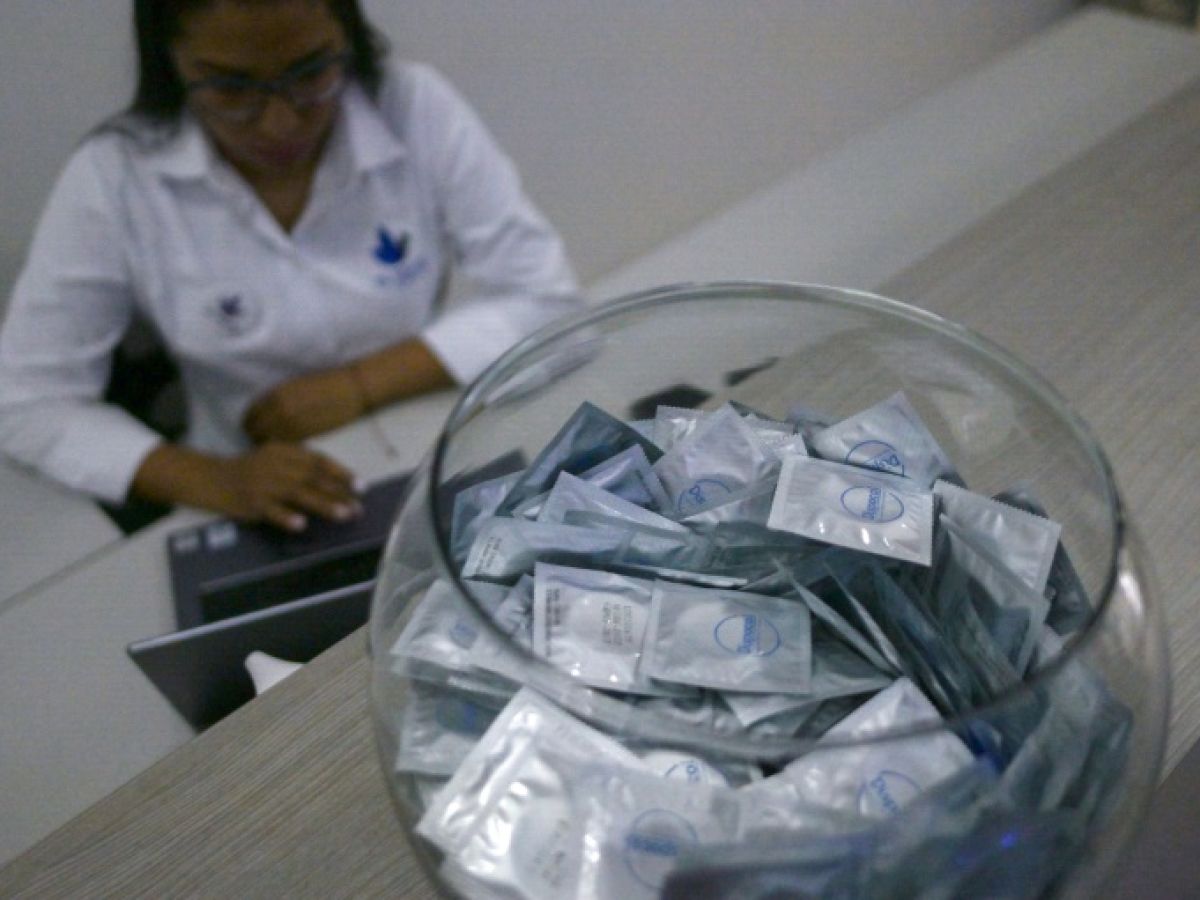Condom use among sexually active adolescents has fallen significantly in Europe over the past decade, with "worrying" rates of unprotected sex, according to a report by the World Health Organization (WHO) published on Thursday.
"This situation exposes young people to a significant risk of sexually transmitted infections (STIs) and unplanned pregnancies," WHO Europe wrote in a press release.
According to data from more than 242,000 15-year-olds in 42 countries in the region, which includes Central Asia, the proportion of boys who reported using a condom during their last sexual intercourse fell from 70% in 2014 to 61% in 2022.
The proportion of adolescent girls who said they used a condom during their last sexual intercourse fell from 63% to 57% over this period.
Nearly a third of adolescents (30%) reported not using a condom or contraceptive pill during their last sexual intercourse, a figure that has remained virtually unchanged since 2018.
Pill use also remained fairly stable between 2014 and 2022, with 26% of 15-year-olds reporting that they or their partners used the contraceptive pill during their last sexual intercourse.
The report also shows that 33% of adolescents from poor families report not having used a condom or contraceptive pill compared to 25% for those from more affluent families.
"Age-appropriate comprehensive sexuality education remains neglected in many countries and, where available, has come under increasing attack in recent years on the grounds that it encourages sexual behaviour," said Hans Kluge, WHO Regional Director for Europe, quoted in the statement.
"In reality, equipping young people with the right knowledge at the right time helps achieve optimal health outcomes, linked to responsible behaviors and choices," he adds.
According to the WHO, in addition to the increase in STIs and unwanted pregnancies, insufficient sex education leads to an increase in the cost of health care and disrupts the educational and professional paths of young people.
"We are reaping the bitter fruits of these reactionary efforts, and worse is yet to come unless governments, health authorities, the education sector and other key stakeholders truly acknowledge the root causes of the current situation and take steps to address them," the organization added.

